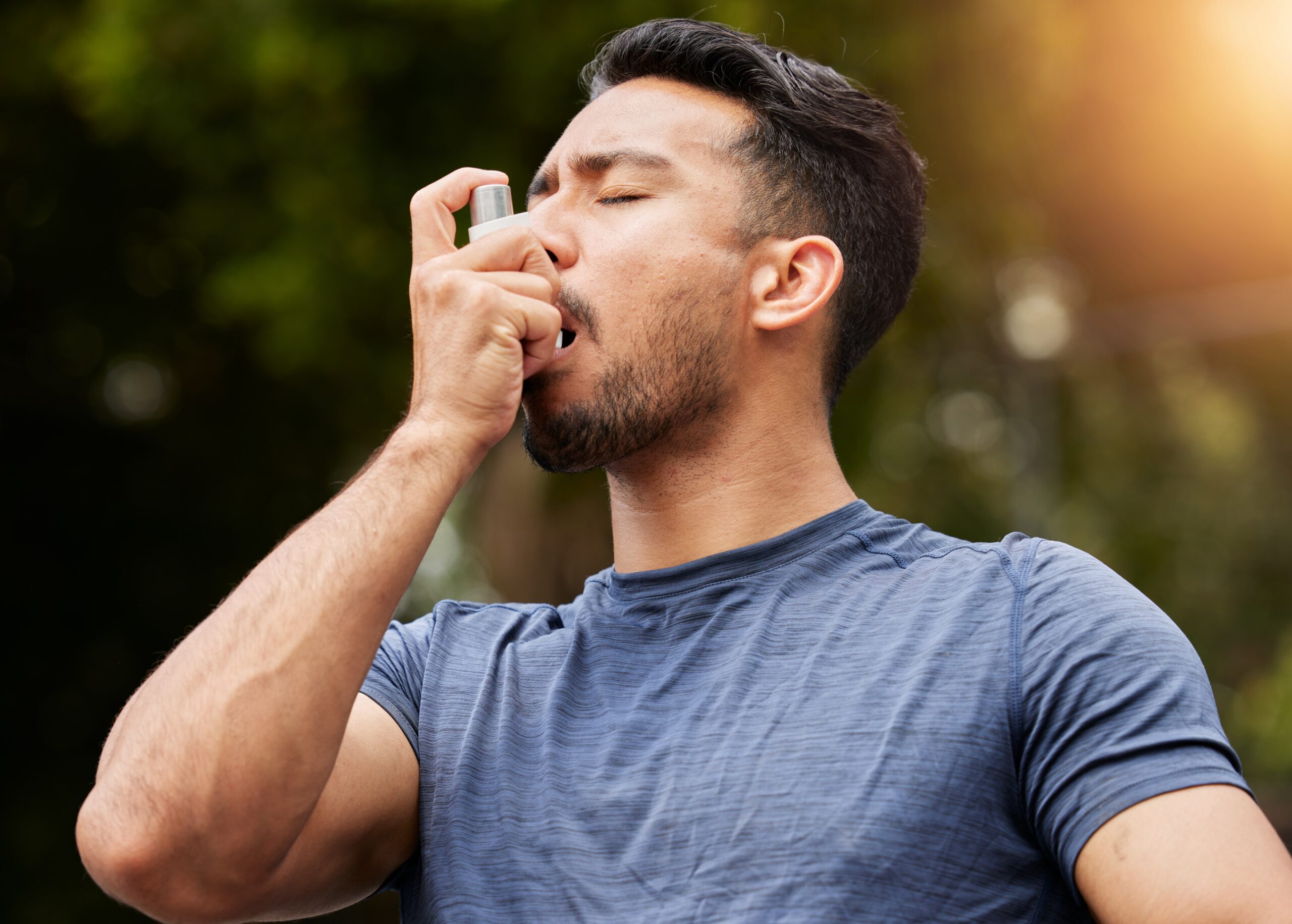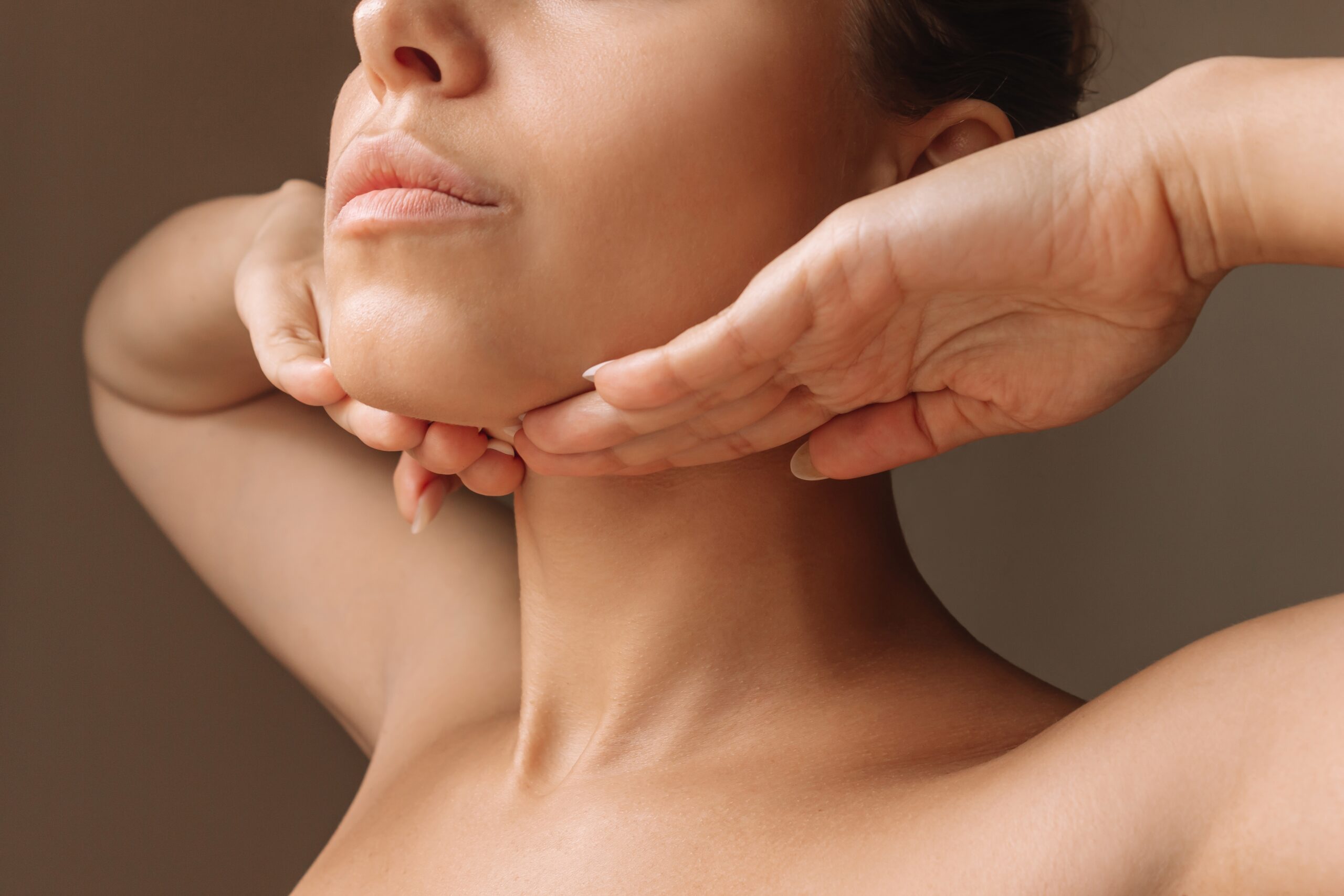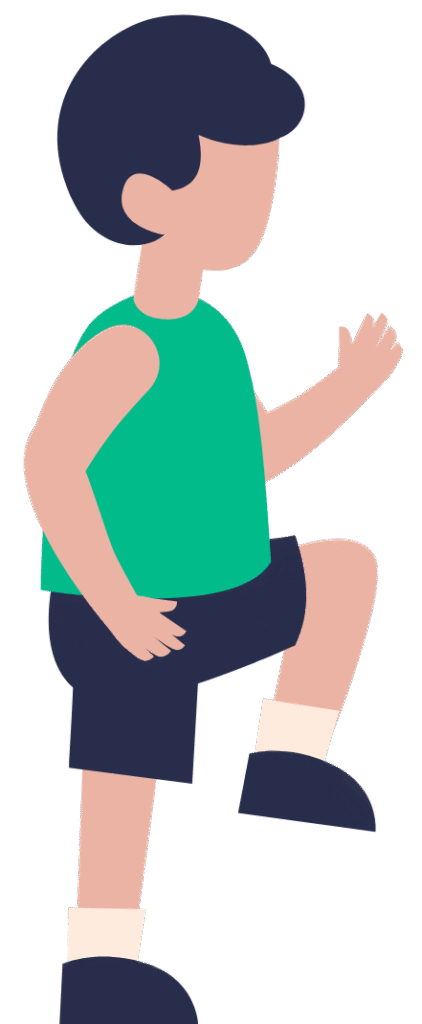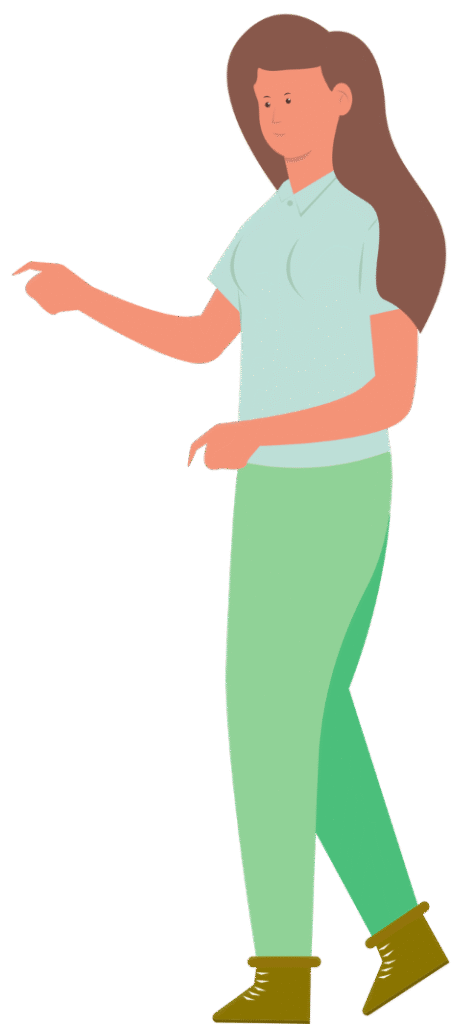PCOS can hijack your hormones, disguise itself as acne or missed periods, and quietly sabotage your long-term health—yet most people with it don’t even know they’re in its crosshairs.
At a Glance
- PCOS affects up to 1 in 10 people who menstruate, but most cases go undiagnosed.
- Symptoms range from irregular cycles to surprising signs like skin tags and mental health struggles.
- PCOS isn’t just about fertility—risks include diabetes, heart disease, and more.
- Despite its impact, research and awareness lag far behind other common health issues.
PCOS: The Master of Disguise in Women’s Health
Polycystic Ovary Syndrome (PCOS) has a talent for flying under the radar. It can mimic puberty gone wild, bad skin, “just stress,” or the kind of stubborn belly fat that laughs at your attempts to lose it. Doctors first gave it a name nearly a century ago, but even now, this hormonal trickster is infamous for evading diagnosis. In fact, up to 70% of those living with PCOS have no idea what’s really causing their symptoms—until, sometimes, it’s too late to avoid the long-term fallout. Think of PCOS as the James Bond villain of women’s health: stylish, slippery, and always a step ahead of the authorities.
Watch: PCOS affects up to 1 in every 10 women. – YouTube
What makes PCOS so devilishly hard to spot? For starters, it doesn’t play by the rules. One person’s PCOS might mean facial hair and acne; another’s might mean thinning hair and trouble getting pregnant. Some have visible ovarian cysts, some don’t. The only constant is inconsistency—except for the real risk of metabolic issues, which can sneak up years after the first period. If you remember your high school biology teacher warning about “irregular cycles,” she probably never mentioned they could be the tip of a much bigger iceberg.
Watch: PCOS Signs & Symptoms – What Every Woman Should Know – YouTube
The Hormonal Domino Effect: What’s Really Happening in PCOS?
Underneath the surface, PCOS is all about hormonal mayhem. The ovaries churn out extra androgens (the so-called “male hormones”—though everyone has them), which in turn mess with everything from your skin to your hair follicles and your body’s ability to ovulate. Add in insulin resistance, the metabolic mischief-maker, and suddenly you’re not just battling breakouts—you’re facing a higher risk of type 2 diabetes, high blood pressure, and heart disease. Even if you dodge the obvious symptoms, your hormones may already be plotting against you in the background.
Doctors use a mix of symptom checklists, bloodwork, and ultrasound to reach a diagnosis, but there’s no single test that gives a slam-dunk answer. That leads to a classic medical whodunit: Is it PCOS, or just “bad genes,” or maybe too much stress? The answer often takes years to uncover, if it’s found at all. For some, the first clue is a struggle with infertility. For others, it’s a dermatologist’s suspicion after stubborn acne refuses to budge. PCOS doesn’t care if you’re a teenager or deep into adulthood—it’s an equal-opportunity disruptor.
Why Diagnosis Is Hard—and Why It Matters
PCOS’s greatest trick is making people doubt their own experiences. Too many are told their symptoms are “just part of being a woman,” or that weight gain, painful periods, or mood swings are a normal nuisance. But left unchecked, PCOS can quietly raise the stakes. Long-term risks include type 2 diabetes, cardiovascular disease, and even certain cancers. Then there’s the psychological toll: anxiety, depression, and the stress of feeling dismissed by healthcare providers, family, and friends. The cost isn’t just physical—it’s social, economic, and emotional, rippling far beyond the doctor’s office.
Even as research slowly picks up steam, most medical guidelines still lag behind the diversity of patient experiences. Advocacy groups are pushing for more funding, better education for healthcare providers, and—most importantly—a shift in how we talk about women’s health. If your doctor looks puzzled at your list of symptoms, it may not be your imagination: the medical world itself is still catching up.









